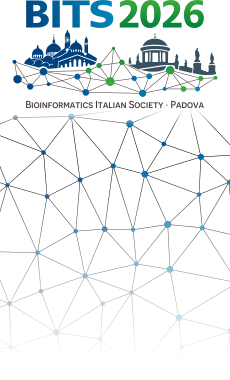PhD studentship - Computational genomics analysis of the genotype to
phenotype relationship with application to the molecular biology of
pig fatness.
Recent advances in genome sequencing have made it possible to perform
widespread sequencing within populations. These studies have
identified extensive genetic variation between individuals in a
population, so it is now essential to use these data to identify the
variants, primarily single nucleotide variants (SNVs) that are
responsible for changes in phenotype. This project will develop new
(and use existing) computational genomics and structural
bioinformatics approaches for the analysis of SNVs to identify those
that alter phenotype.
A particular focus in this project will be the analysis of sequencing
data from pigs to identify SNVs associated with fatness. Pork is the
leading source of meat worldwide (43%) and global consumption has
doubled over the last ten years. Pig breeding companies focus on
producing lean or fat animals, as well as targeted traits e.g.
intramuscular fat. Pork producers aim to produce genetically advanced
breeding stock by improving food conversion ratios (FCR) and the
residual feed intake of each slaughter pig, as well as producing
higher yielding carcasses with significant improvement in lean meat
percentage. Such sophistication could be advanced further through a
deeper understanding of the genetic control of fatness. The pig is
also an excellent model organism for human disorders, including
obesity, which can underlie a variety of complaints e.g. heart
disease, stroke and cancer. In recent work we identified single
nucleotide polymorphisms (SNPs) and thence candidate genes associated
with fatness. This project will be to expand on this work and:
• Sequence these candidate genes in multiple animals
• Identify specific genetic variants (indels, SNVs etc)
• Ask, biologically, how these variants affect the fatness phenotype
This a 4 year studentship covering tuition fees (UK/EU) and an annual
stipend of £13,726. Informal enquiries to Dr Mark Wass
m.n.wass@kent.ac.uk or Prof Darren Griffin d.k.griffin@kent.ac.uk .
Applications to be made online at
http://www.kent.ac.uk/bio/study/postgraduate/projects/index.html. The
closing date for applications is 1 May 2014.
Società Italiana di Bioinformatica
Sede legale Viale G. Mazzini, 114/B – 00195 Roma
C.F. / P.IVA 97319460586
C.F. / P.IVA 97319460586
© 2003-16 • designed by esthos • powered by sciencedev




